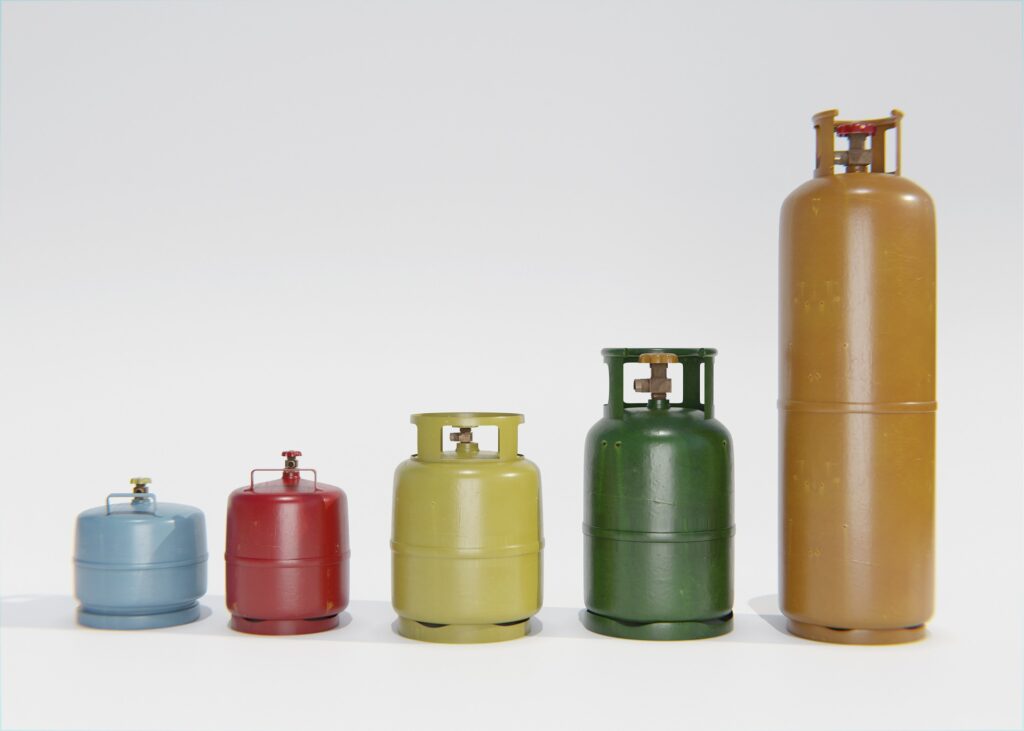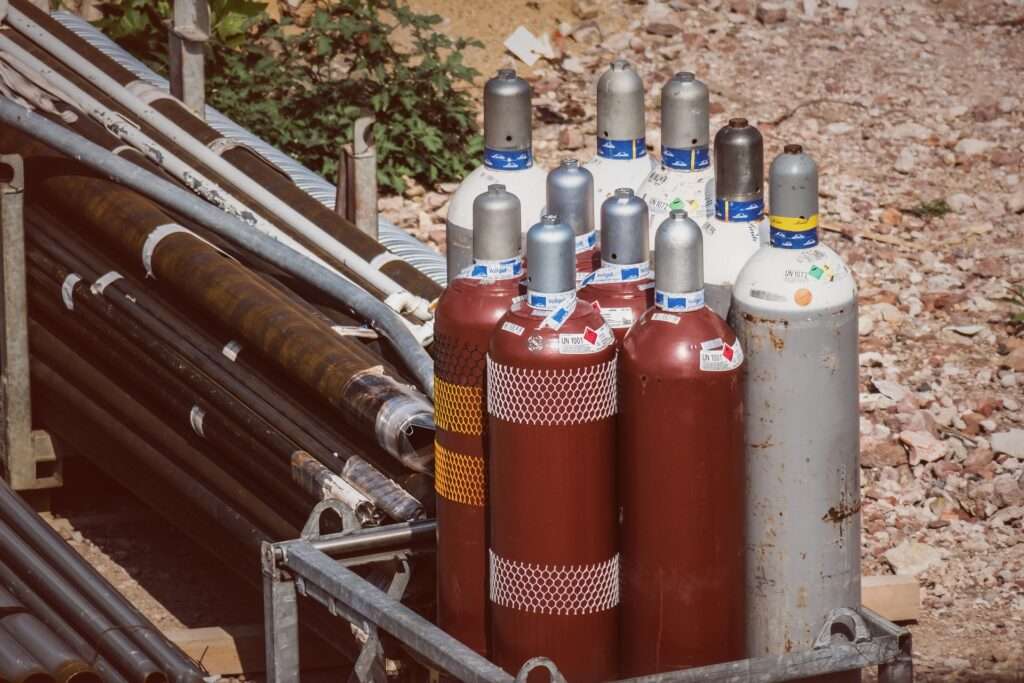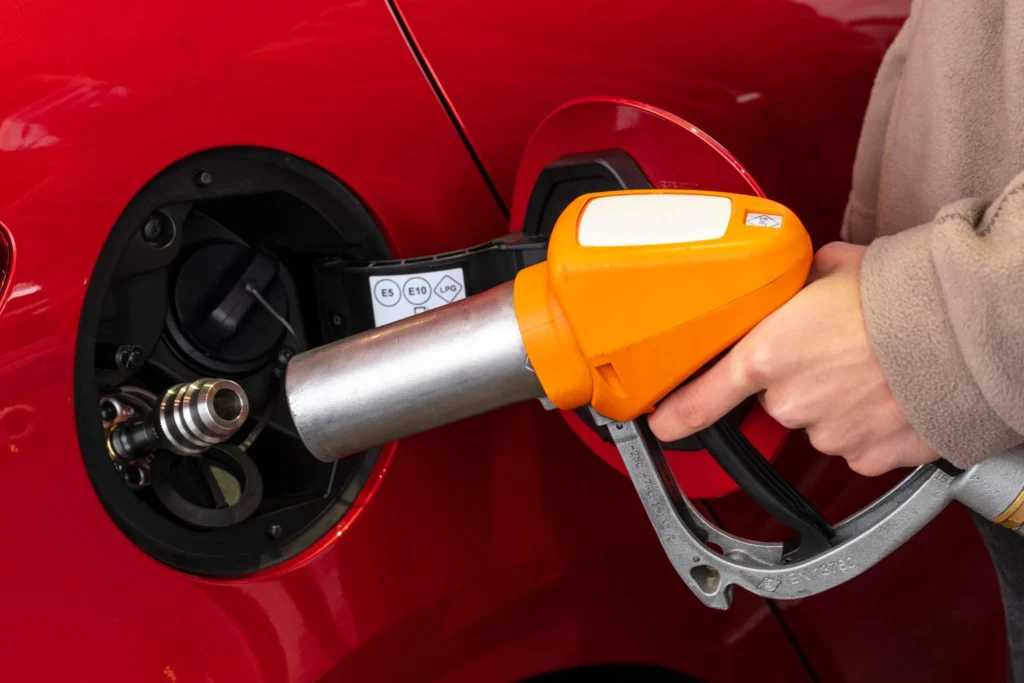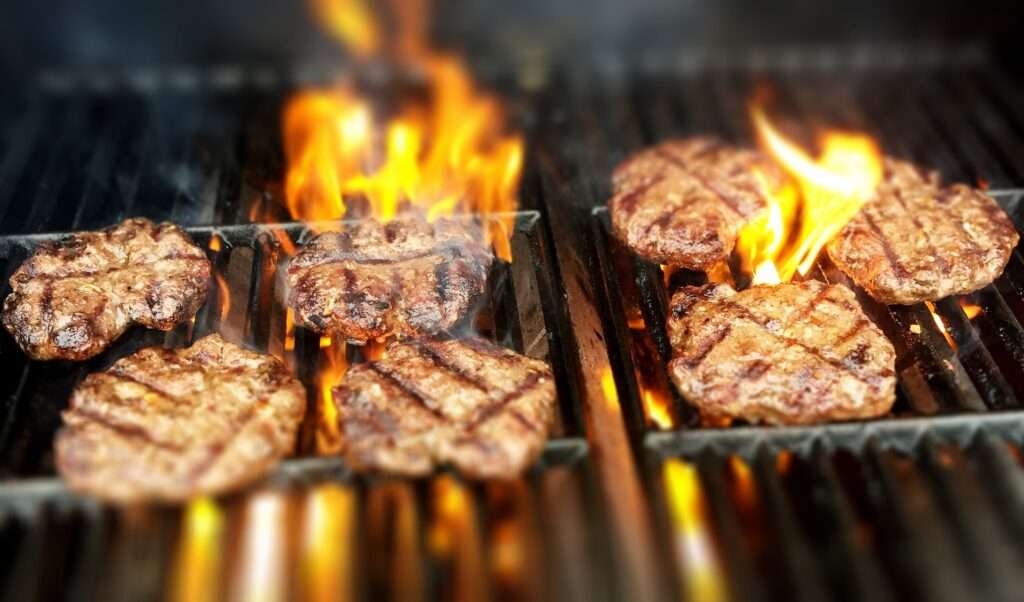LPG and its two types:
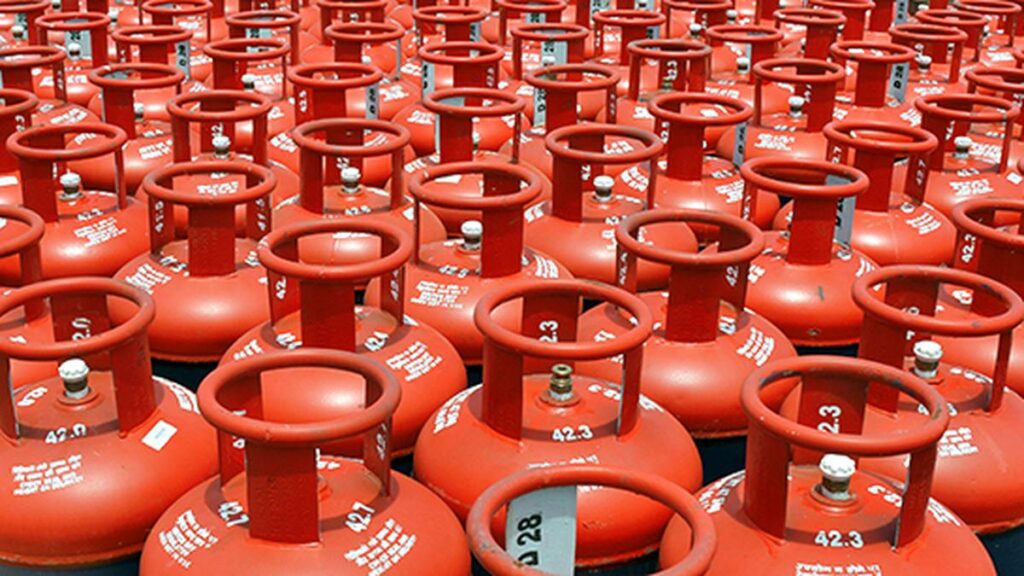
LPG stands for liquefied petroleum gas and primarily consists of two main gases: propane and butane. These gases are hydrocarbons, meaning they are composed of hydrogen and carbon atoms. LPG can be present in varying compositions of propane and butane and other minor gases like Propylene , Butylene, Ethane.
So, the two primary types of LPG gases are propane and butane which can be present in many different compositions. Propane(C3H8) and butane(C4H10) are both hydrocarbon gases that are used in different types of industries and have different advantages over each other. They are derived from the processing of natural gas and crude oil. Propane and butane have a lot of similar characteristics because the atoms present in them are the same with the difference being in their numbers only, but they do differ in terms of vapor pressure, boiling points, energy content, and specific applications.
Advantages of Propane(C3H8):
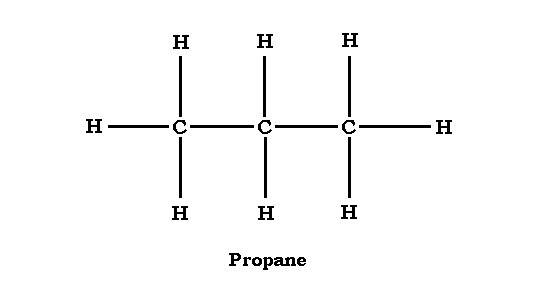
1) Storage and Transportation: Propane can be stored and transported more easily than butane. Propane’s higher vapor pressure allows it to be much more easily compressed into gaseous form into smaller containers or tanks, reducing storage space requirements. It also has a lower boiling temperature which means it is easier to store in colder climates as well.
2) Higher Vapor Pressure: Propane has a higher vapor pressure(about 4 times more) compared to butane which means it is easier to turn into gas from its liquid stored form in LPG cylinders. This characteristic makes propane a better choice for outdoor applications, especially in colder temperatures. Propane vaporizes more easily in cold weather conditions, ensuring reliable performance and consistent fuel supply.
3) Wider Temperature Range: Propane has a broader temperature range for efficient use. Propane has a much lower boiling point of -42 C than Butane’s -1 C, allowing it to vaporize and work effectively in a broader range of temperatures. This characteristic synergizes with the higher vapor pressure to make propane the best choice for colder climates.
4) Availability: Propane is generally more widely available than butane in most regions of the world. It is commonly used and easily accessible for residential, commercial, and industrial purposes. Butane may have more limited availability, especially in certain areas or specific applications.
Industries where propane LPG is commonly used:
These are the most common ways in which Propane would be used as a gas in an LPG mixture:
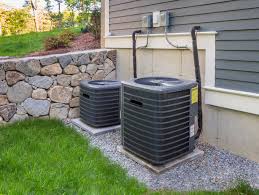
1) Residential and Commercial Heating: Propane is commonly used as a fuel for heating homes, commercial buildings, and other spaces. It can power furnaces, boilers, and other heating systems.
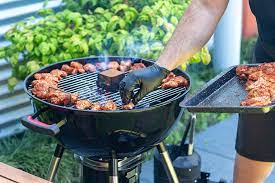
2) Outdoor Grills and Barbecues: Propane is widely used as a fuel for outdoor grills, barbecues, and patio heaters due to its convenience, quick ignition, and consistent heat output.
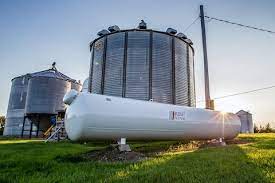
3) Industrial and Agricultural Applications: Propane is extensively utilized in various industrial processes, such as metal cutting and welding, heating in construction sites, or as a fuel for forklifts. It is also used in agricultural applications, such as crop drying or heating greenhouses.
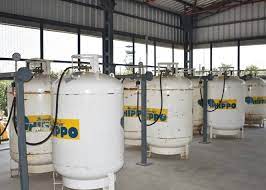
4) Backup Power Generation: Propane-powered generators are commonly used as a backup power source during power outages, particularly in areas without access to the electrical grid or in remote locations.
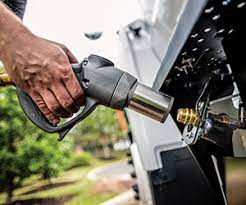
5) Propane Autogas: Propane is used as an alternative fuel for specific vehicles, known as propane autogas. It is commonly used in fleets, school buses, and other vehicles, offering cleaner emissions and potentially lower fuel costs.
Advantages of Butane(C4H10):
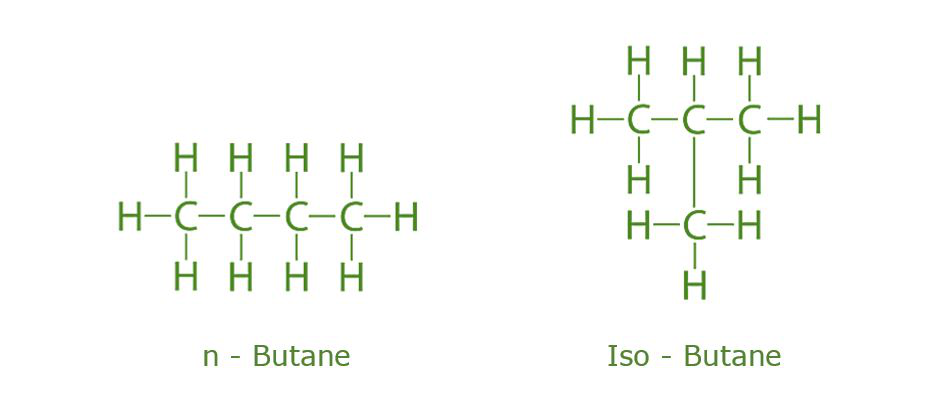
Butane offers a few advantages over propane in certain applications:
1) Higher Energy Content: Butane has a higher energy content per unit volume compared to propane. It contains approximately 12% more energy, which means that a given volume of butane can provide slightly more heat or energy compared to the same volume of propane. This can be beneficial in applications where maximizing energy output is important.
2) Lower Pressure: Butane has a lower vapor pressure than propane, which means that it requires less pressure to maintain it in a liquid state. This characteristic makes butane suitable for applications where lower pressure storage or transportation is desired. It also means that butane tanks can be designed with lighter and less robust materials, reducing costs and making them more portable.
3) Cost: In some regions or markets, butane may be less expensive than propane due to factors such as availability, production, or local demand. If butane is more cost-effective in a particular area, it can be an advantage for consumers or businesses looking for affordable fuel options.
4) Indoor Use: Butane burns cleaner than propane because it produces less soot, has better odor and produces less greenhouse gases like carbon monoxide(CO) and nitrogen oxides(NOx) . This characteristic makes it more suitable for indoor use in appliances like portable stoves, heaters, or lanterns,it also helps better contribute towards battling global climate change compared to propane.
Industries where butane LPG is commonly used:
Similar to Propane, Butane is used in specific ways. The following are the most popular ways of its usage:
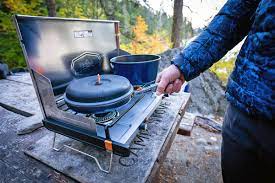
1) Portable Camping Stoves: Butane is frequently used as a fuel for portable camping stoves due to its clean combustion, ease of use, and availability in small canisters.

2) Lighters and Torches: Butane is commonly used as a fuel in lighters, including disposable lighters and refillable butane lighters. It is also used in torches for various purposes, such as cooking, soldering, or heating.
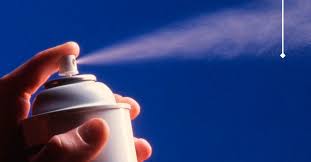
3) Aerosol Propellant: Butane is employed as a propellant in aerosol products, including hairsprays, deodorants, and spray paints.
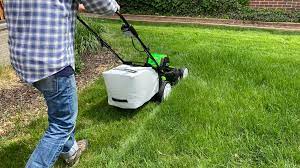
4) Fuel for Small Engine Applications: Butane can be used as a fuel for small engines like lawnmowers, chainsaws, or recreational vehicles (RVs).
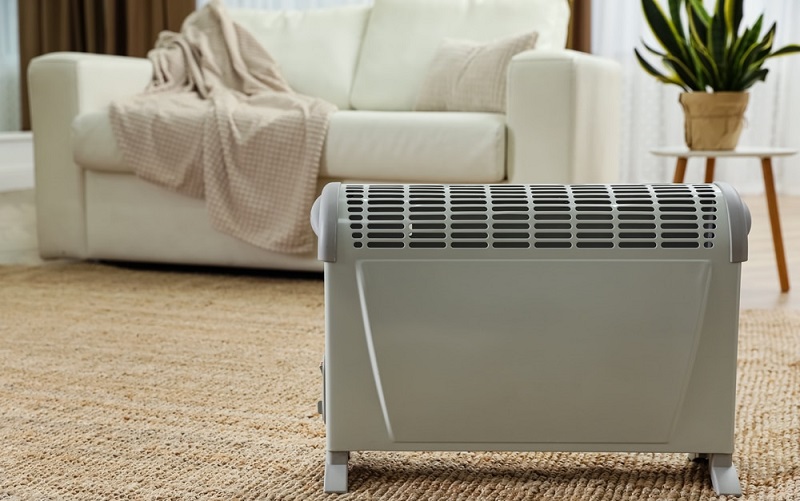
5) Indoor Portable Heaters: Butane-powered portable heaters are used in indoor spaces where a temporary or supplementary heat source is required. These heaters are designed for use in well-ventilated areas.
Conclusion
In conclusion both types of LPG( Propane and Butane) have their advantages and disadvantages, Afterall, theres a reason why there are two types of these instead of only one. They both have specific uses and specific advantages over each other, Propane is easier to store, burn and much more available while Butane is cleaner, cheaper, has more volumetric energy and lower pressure.

